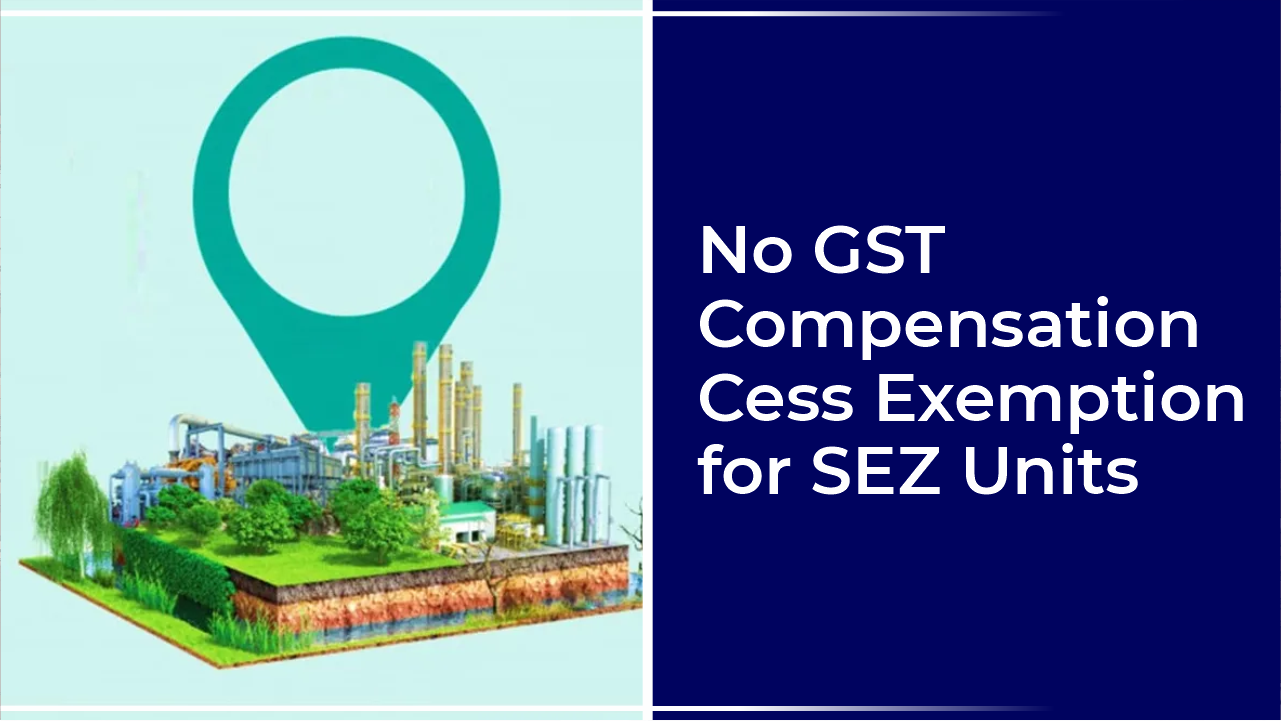Andhra Pradesh High Court Denies GST Compensation Cess Exemption for SEZ Units

Andhra Pradesh High Court Denies GST Compensation Cess Exemption for SEZ Units
In a recent legal development, the Andhra Pradesh High Court has issued a significant ruling that has far-reaching implications for Special Economic Zones (SEZs) in the country. The court has determined that SEZ units are not entitled to an exemption from paying the compensation cess under the Goods and Services Tax (GST) when importing goods. This decision, which specifically impacted Maithan Alloys, a company engaged in the production of ferroalloys functioning as an SEZ unit, is based on a thorough interpretation of pertinent legal provisions.
Understanding the Rationale:
The Andhra Pradesh High Court’s ruling is grounded in the interpretation of key sections of the SEZ Act, 2005, which have a bearing on SEZ units seeking exemptions from various taxes, duties, cess, concessions, and drawbacks. The court pinpointed three critical sections: Sections 7, 26, and 50. These provisions play a pivotal role in granting SEZ units relief from taxes and duties concerning goods imported and exported by SEZ developers and units. Importantly, the court emphasized that any exemptions must be assessed within the framework of the SEZ Act itself, rather than relying on exemptions from other sources.
Crucial Conditions for Exemption:
One of the crucial conditions outlined by the court for Section 7 to be applicable is that the law imposing the tax, duty, or cess must be listed in the First Schedule of the SEZ Act. Regrettably for SEZ units seeking GST compensation cess exemption, the Goods and Services Tax (Compensation to States) Act, 2017, does not appear in this schedule.
Distinguishing Between Tax/Duty and Cess:
The court made a clear distinction between the terms ‘tax/duty’ and ‘cess.’ It meticulously analyzed Section 26(1)(a) and 2(zd) of the SEZ Act in conjunction with Section 2(15) of the Customs Act. This analysis highlighted that the term ‘duty of customs’ mentioned in Section 26(1)(a) specifically pertains to customs duty and excludes any cess, including the GST Compensation cess.
No Exemption for Compensation Cess:
Further compounding the issue for SEZ units, neither the Customs Act nor the GST Act provides any exemption for the compensation cess. As a result, the Andhra Pradesh High Court unequivocally ruled that the GST compensation cess does not exempt the import of goods by SEZ units, as illustrated in the specific case involving the import of coal.
Impact on SEZ Units and Industry:
This decision is expected to have adverse consequences for SEZ units engaged in importing goods, potentially leading to increased GST obligations. The industry may consider petitioning the government for retroactive relief from paying the GST compensation cess when importing goods through SEZ units. Such appeals could become a critical point of contention, potentially reshaping the landscape for SEZs and their operations in India.
The Andhra Pradesh High Court’s recent ruling on the exemption from GST compensation cess for SEZ units underscores the importance of a comprehensive understanding of the SEZ Act, 2005. This decision has immediate implications for SEZs across the country and may set the stage for future legal challenges and government interventions in this regard. The industry will closely monitor developments and seek recourse where necessary to mitigate the impact of this ruling.
